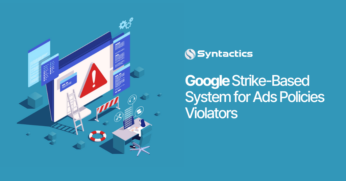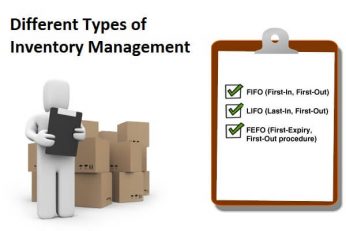
2020 Website Threats To Watch Out For
Nowadays, having a website is becoming a must for most companies, regardless of their industry. And if everything’s running smoothly, you’re most likely experiencing all the benefits that come with running one of your own. However, there are security threats you need to watch out for in order to keep them running effectively. Here are a few of them:
Search Engine Optimization (SEO) Spam
Sometimes, working with the most in-demand Content Management System currently available, WordPress, has its downsides. For one, it makes you more susceptible to encountering a common threat to your website: receiving SEO spam. Attackers who often perform Black Hat SEO often launch these attacks as a part of their strategy. It’s also otherwise known as spamdexing, and can be divided into two categories: link spamdexing and content spamdexing. They usually do this to elevate a website’s placement in Search Engine Results Pages (SERPs). A few examples of link spamdexing include pagejacking, link farming, and cookie stuffing. Meanwhile, content spamdexing involves stuffing meta tags and keywords, duplicating copyrighted content, and using invisible text.
Keep in mind that user satisfaction is among SEO’s top priorities. As such, websites with untreated SEO spam have their site’s rank lowered on SERPs. Worst-case scenarios have them blacklisted altogether.
Phishing
Phishing is also another common website threat. This impersonates real individuals and companies in order to collect usernames, passwords, and other sensitive information. To do so, attackers will usually present themselves as potential business partners or send emails as bait. Some even go as far as to create websites with top builder platforms to exactly replicate your website. Furthermore, attackers often take advantage of unsuspecting victims who easily fall for misspelled URLs, emotional language, and requests for confidential details. Employees who are unaware may give away essential information which could cost you greatly. Companies who don’t actively warn their clients about phishers may have to deal with a loss of credibility.
Source: pexels.com
Malware
Malware can hide in your site’s ads, thus resulting in the term “malvertising.” Attackers use outsourced ads as a backdoor into websites with high traffic rates. This is fairly common as it provides them with the anonymity they need to target specific victims only. Having malicious ads injected into your website can have you associated with criminals involved in money laundering schemes, identity theft, and shell companies. As a result, this could cause advertisers to actively avoid working with you.
Furthermore, when search engines detect malware, they display a warning that says, “This site may harm your computer.” As a result, clients who receive these messages, commonly from sites who don’t switch to HTTPS, click away and stop browsing websites that may serve as a threat to their devices.
Distributed Denial of Service (DDoS)
Hackers perform DDoS attacks by infecting malware and converting them into “bots.” Attackers then use the group of bots or “zombie” botnet to attack target servers and networks. Therefore, the more bots in their botnet, the more powerful it is as a threat to your website. Hackers who spearhead these attacks primarily aim to render services inoperable due to an overly excessive amount of traffic.
There are multiple motives for DDoS attacks. In some cases, attackers use them as a distraction for additional attacks. For example, distract you from the distribution of viruses, malware, spyware, among others. And while detecting whether your computer is hit by a DDoS attack isn’t as straightforward as it seems, there are definite signs. For example, watch out for HTTP error 503 messages that appear out of nowhere. You might receive complaints from your website’s users claiming that there’s a message that says “Service Unavailable.” It’s also best to double-check as you may just have a legitimate amount of traffic which usually results in a drastic change in the service’s speed. However, the effects of such only last for a short while. On the contrary, if the issue lasts unusually long, it may be a telltale sign that you’ve been hit by a DDoS attack.
Source: pixabay.com
Structure Query Language injection (SQLi)
Malicious payload, also known as the content attackers use to execute an SQLi attack, are most often injected in forms. These are used on contact or login forms that ask users to input their usernames, passwords, etc. It’s worth noting that your users won’t directly see the effects of an SQLi on your website. Instead, hackers use this threat to gain unauthorized access to your database. This means that they can easily copy, modify, or delete your data stored on it. In addition to being able to access your clients’ data, hackers can also dig up any intellectual property, trade secrets, or personal data you have stored there as well.
Prevent These Website Threats
Undetected website threats don’t only cause you a lot of trouble, they could also result in serious legal problems. Work with the right web development company in the Philippines to have put the right security measure in place that can prevent and counter them. Keep your website running smoothly and your clients satisfied!
















Comment 0